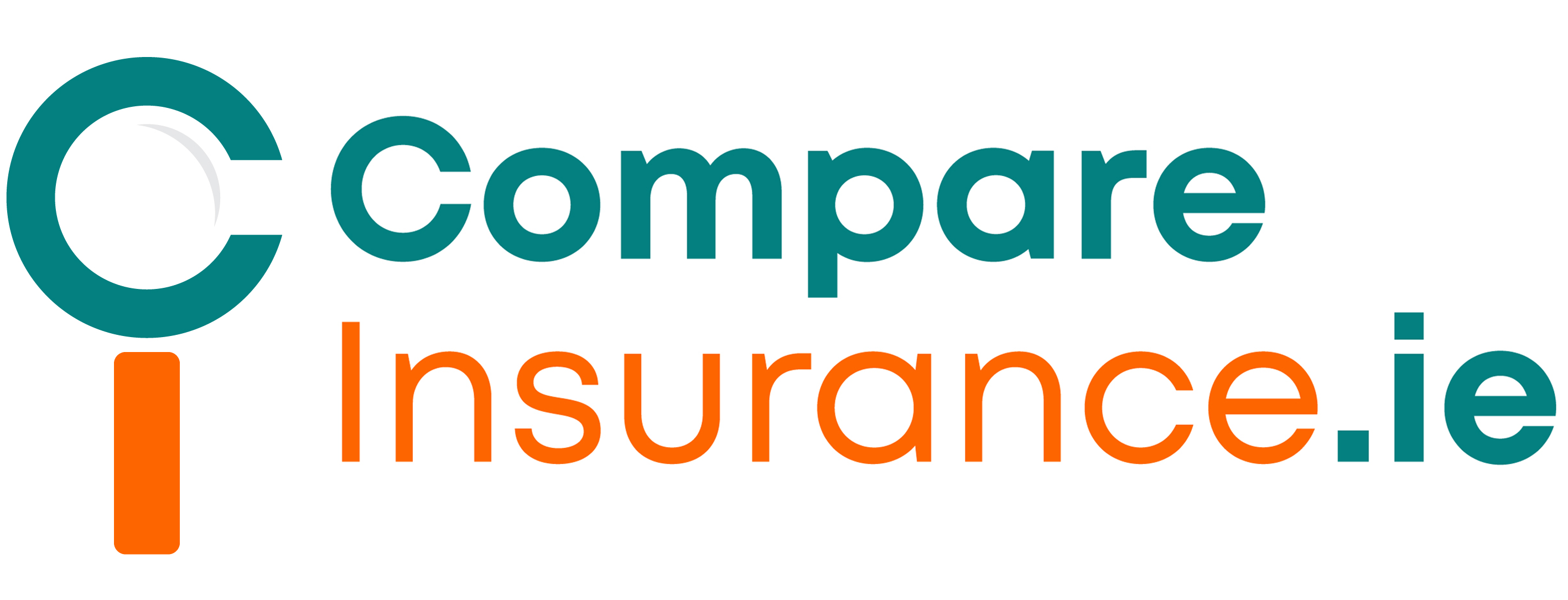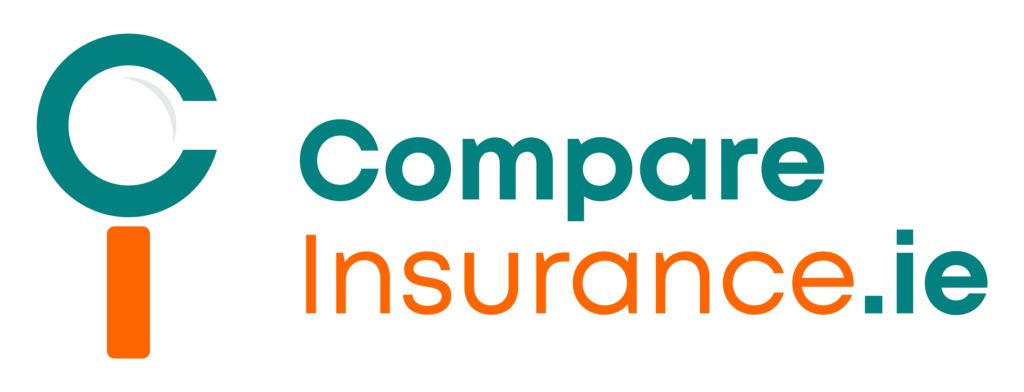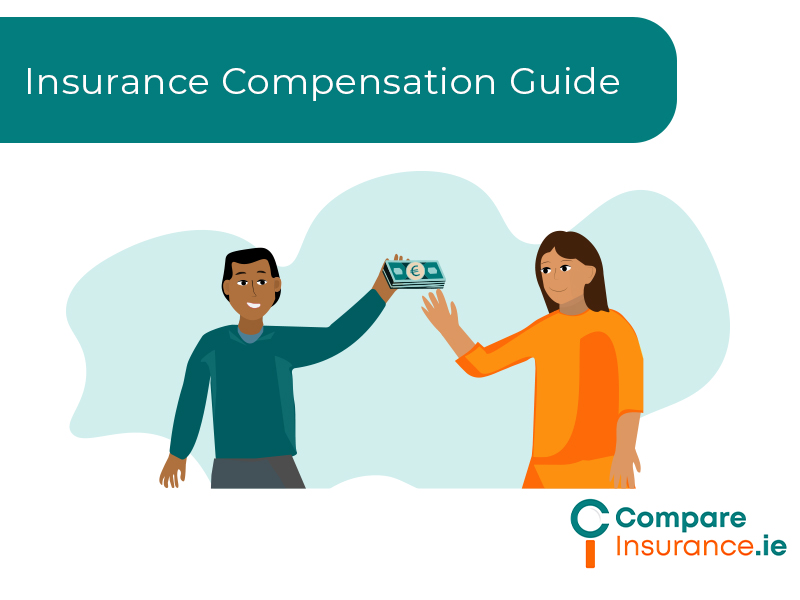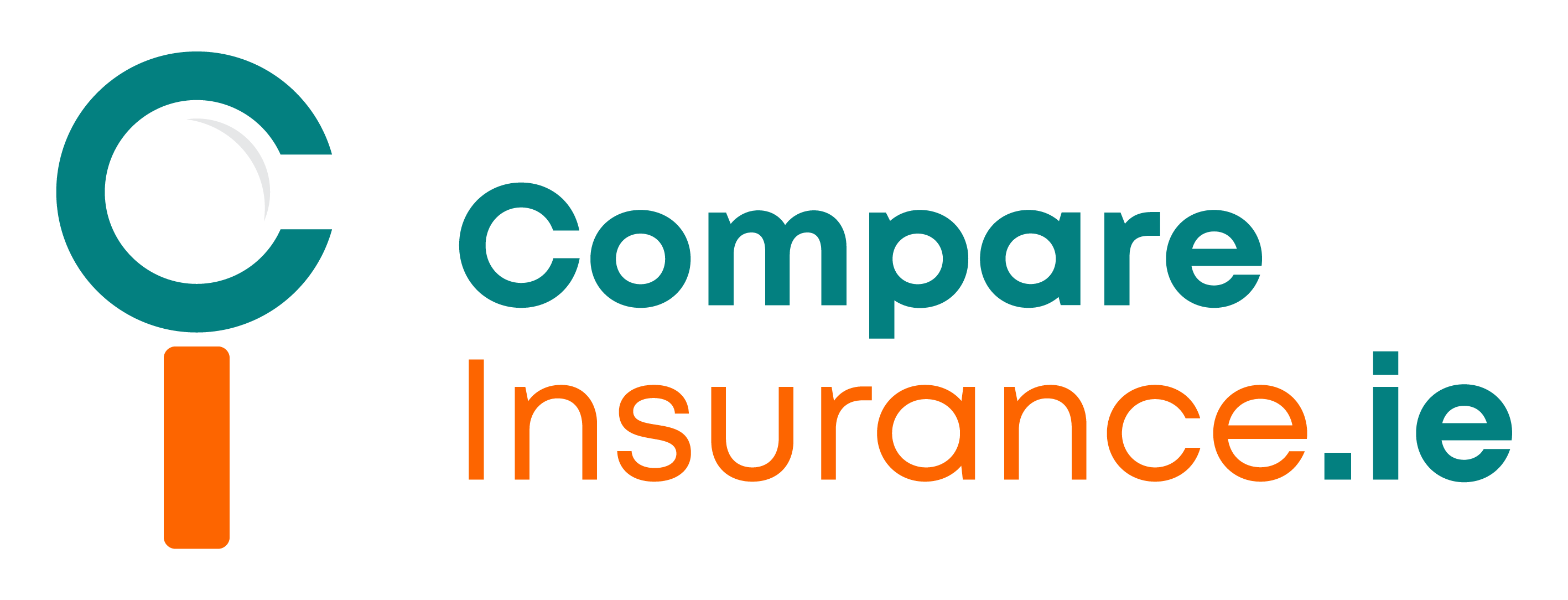Of course we all purchase insurance to protect us from things that can go wrong in life hoping that we never need to claim.
But insurance exists because unforeseen events can have financial consequences which may be difficult or impossible to pay for in the aftermath or an unexpected event.
The protection afforded by insurance means that we can meet these financial obligations and, should we be injured or our property damaged by the actions or negligence of another person, we can be compensated for our pain and suffering and for any resulting financial loss.
Table of Content
Compensation pay for a insurance claim
Insurance claims come in many forms, depending on the financial loss involved. In most instances you will receive any payment directly from the insurer following settlement of your claim.
You may receive a lump sum directly from your insurer, for example in the case of life insurance or specified illness insurance. In this case, you will deal with your own insurer and your claims handler will deal with your claim. Or you may receive a monthly benefit, such as a claim for income protection where you are unable to work.
Home and buildings insurance claims
If for example, you need to make a large and complex claim on your home buildings insurance or on commercial property insurance, you may need to use your own insurance assessor, who will advise you on what will be required to put things right following an insured event.
The assessor should be able to advise of replacement costs and timelines.
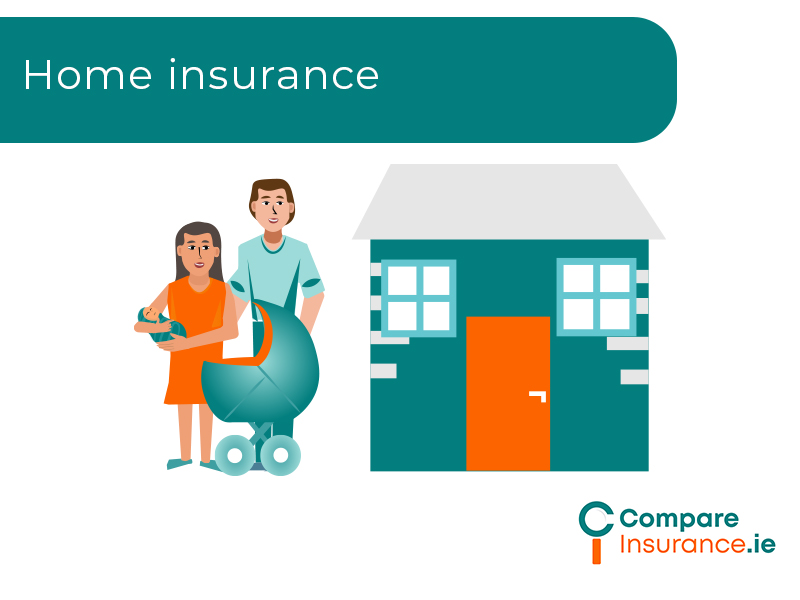
Health Insurance claims
In the case of health insurance, some of the benefits you claim will be paid directly to your healthcare provider and some will be reimbursed to you after you have paid, less any applicable excess.
Health insurance claims, can be complex and take some time to complete.
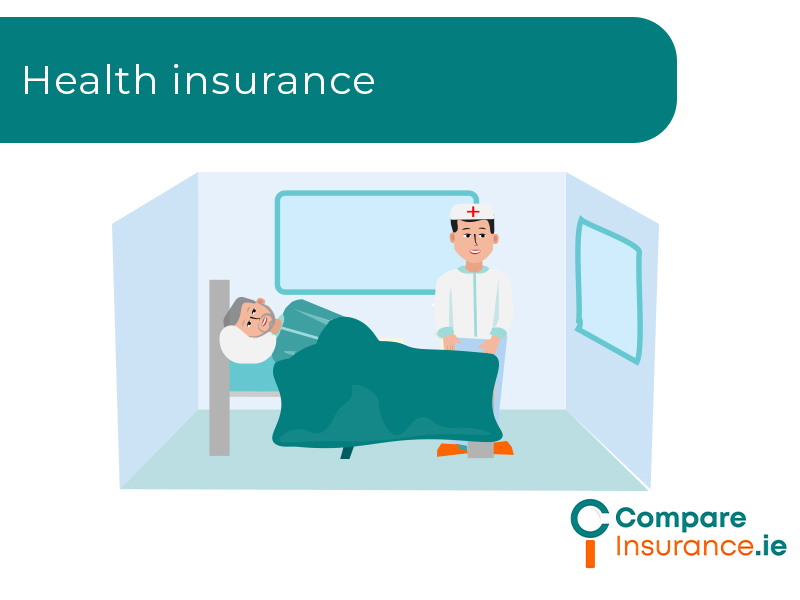
Motor insurance claims
If your car is damaged following a road traffic accident, the motor insurer will pay you directly for repairs to your vehicle once you have paid the relevant excess, although they may specify that you use an approved mechanic or motor repair service.
In the event that you are involved in a road traffic accident with an uninsured driver, the Motor Insurers’ Bureau of Ireland (MIBI) will be responsible for paying any award for compensation you may receive.
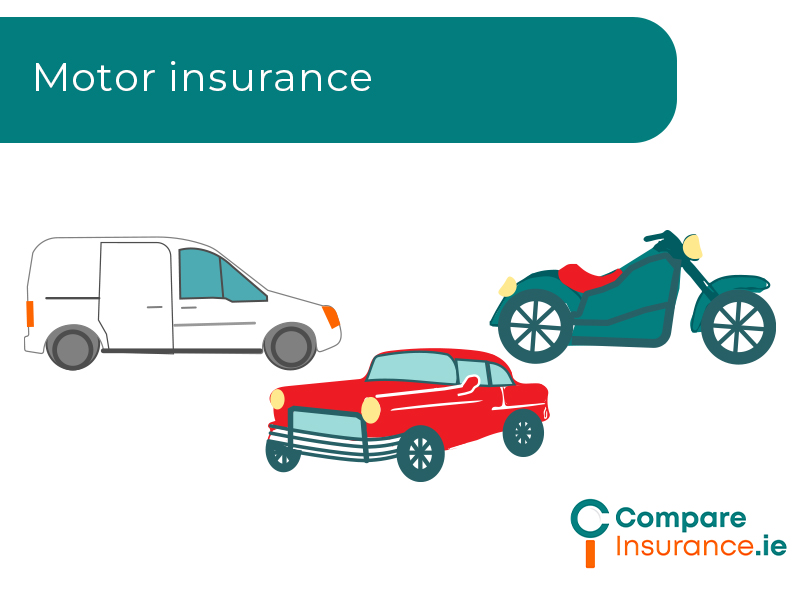
Financial loss due to negligence
If it is the case that you have been injured or had a financial loss as a result of the negligence of another person, you may wish to engage the services of a solicitor and make a personal injury claim. Personal injury claims in Ireland are usually assessed and compensation awarded by the Personal Injury Assessment Board (PIAB).
In this case, the compensation will be paid by the insurance company of the person who has caused your injury or loss.
Average payout for compensation
There is very little information publicly available on insurance payouts made in Ireland.
The Central Bank of Ireland has published some figures on motor insurance injury claims. In the period 2015- 2021, the average compensation awarded in injury claims that were settled directly was €13,933. Where they were settled via the PIAB, the average compensation was €21,856, and where they were settled via litigation, the average compensation was €24,174.
The AA has estimated that the average insurance payout following a house fire was €15,000. However, this was published in 2012 so this figure is likely to be out of date.
Where there are figures for awards for compensation made for personal injuries in 2021, the data suggests that 48% of awards were less than €10,000 euros.
However, these figures are incomplete and do not present any kind of overall view of the insurance payouts made in Ireland, or for the amounts paid in personal injury claims.
How to win an insurance claim
When you need to claim on your insurance, you can do several things to ensure that your claim runs smoothly, in the least time possible.
Insurance compensation claim rejection
It may be the case that your insurance claim is fully or partially rejected by your insurer. This may be for a number of reasons:
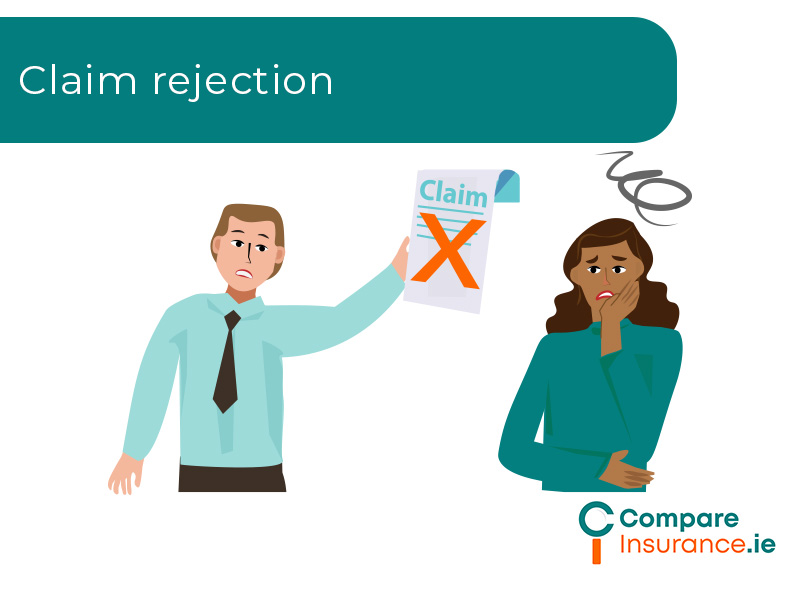
How long does it take to receive insurance payouts?
This can vary widely, depending on the size, nature, and complexity of the claim. Where expert reports such as medical reports are required it can take time to gather all of the information required for the claim to proceed.
When an application is made to the PIAB, generally once the application has been submitted, assessment of the claim can take 9 months. You will then have 28 days to decide whether to accept the assessment and offer of compensation of the PIAB.
Consumer Protection Code guidelines for insurance companies
The Consumers’ Protection Code of the Central Bank outlines some guidelines for insurance companies in dealing with claims.
Insurance companies are required to have a written procedure in dealing with claims. They are obliged to help you when you need to make a claim. If any development which affects your claim occurs, they are obliged to inform you of the development within 10 days.
Likewise, once a decision is made regarding your claim, they must inform you within 10 days. If the claim is not settled in your favour, you are entitled to the reasons for the decision in writing. The insurance company must also outline their appeals procedure to you at this point.
It is worth noting that if someone makes a claim against you, the insurance company can settle this claim without your knowledge or consent. You can make a complaint in writing if you are unhappy with the outcome of a claim against you.
Conclusion
To ensure your insurance claim goes as smoothly as possible, and to give yourself the best chance of your claim being successful, some tips are common to all insurance claims.Following this advice will help you to get the insurance compensation that you deserve.

Author: Séamus Ó Doirín | Chief Insurance Editor
Séamus Ó Doirín is a Donegal based QFA who has been writing about insurance since 2020. His main focus is getting people the best value for insurance in the Irish market. His writing covers all areas of insurance and is a valuable part of the Compare Insurance team.
